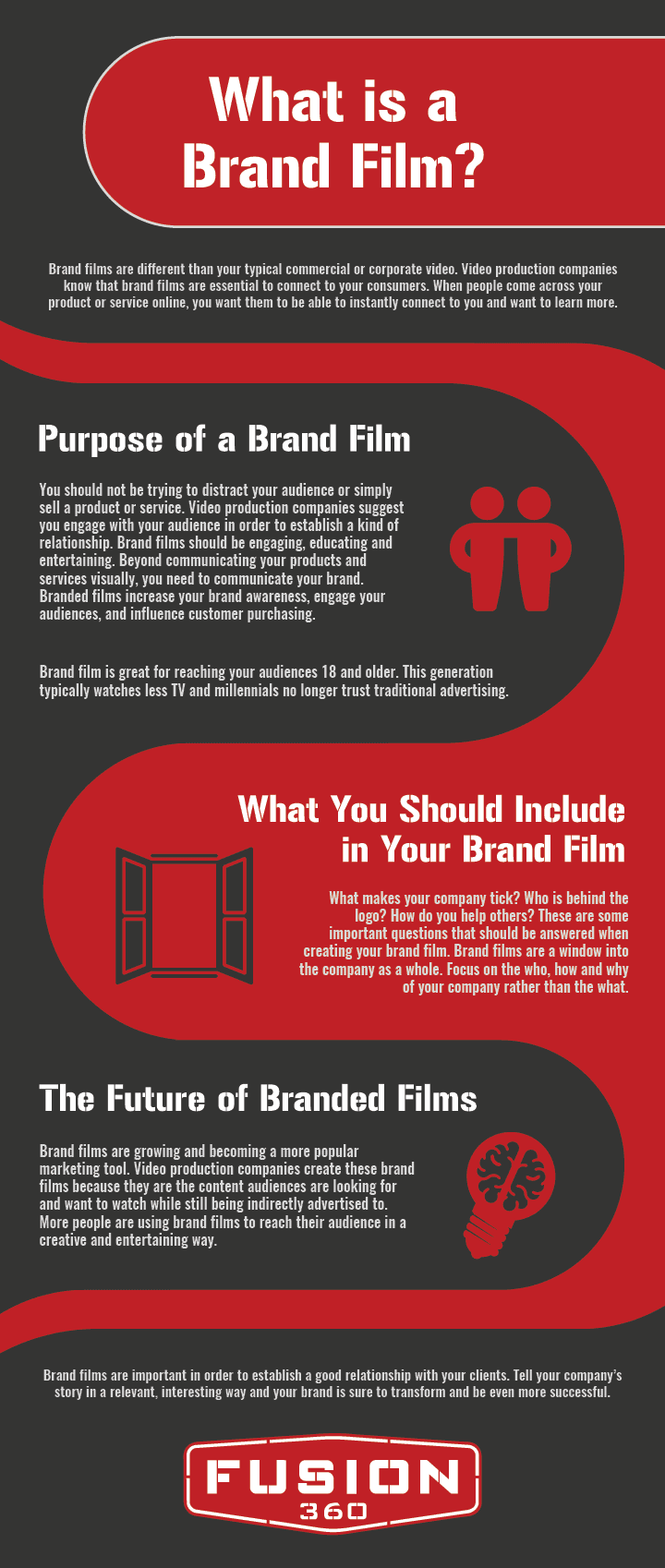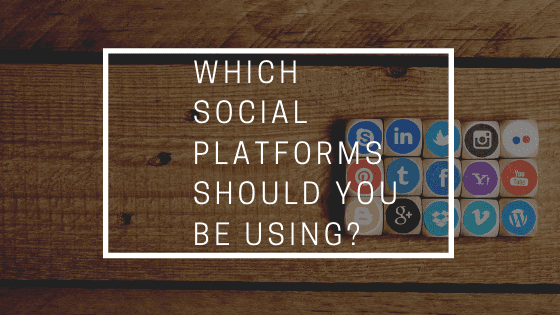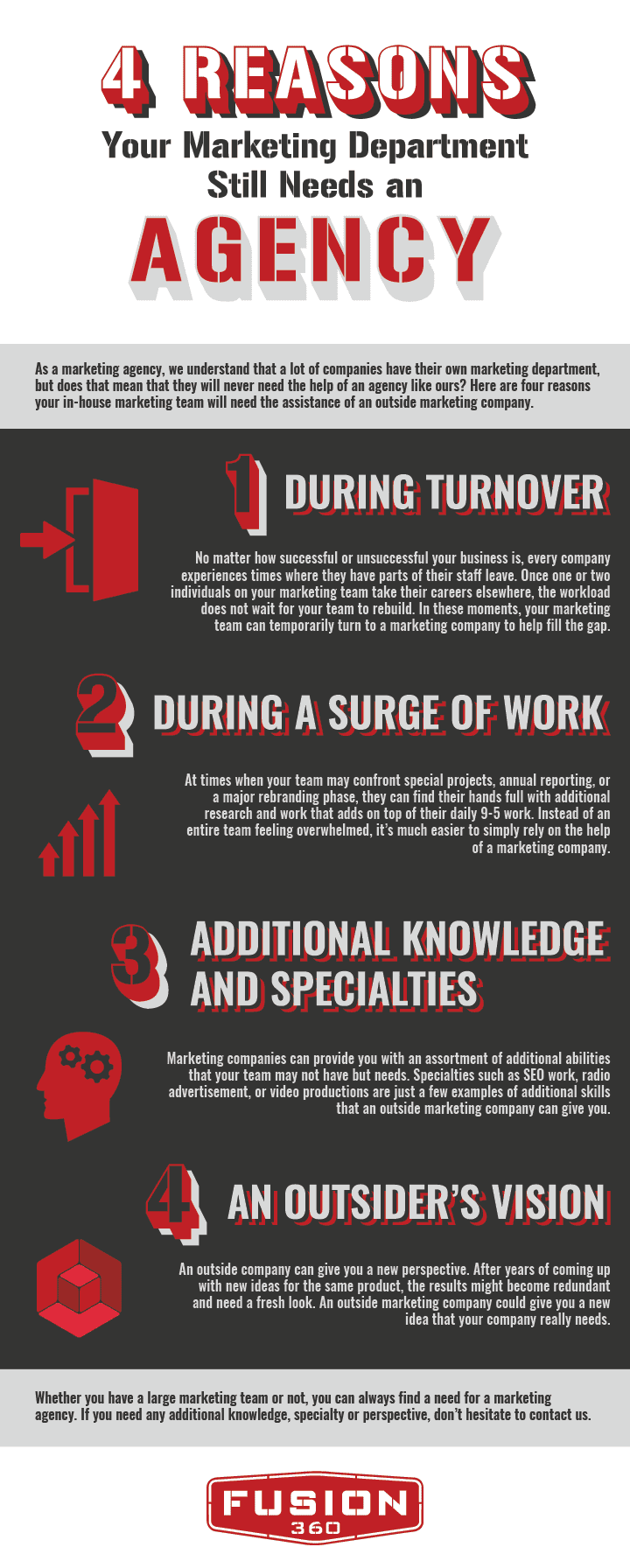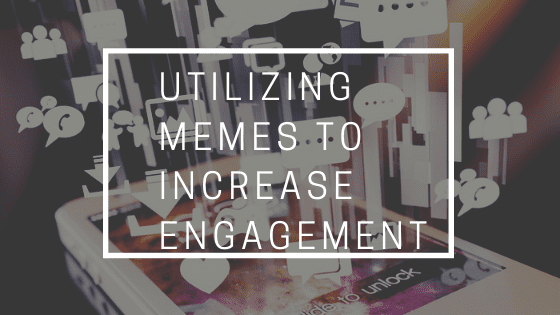
It is hard to imagine a world without marketing, but such a time has to have existed, right? When did marketing become a thing and what was its earliest form? The goal of this blog is to explore these questions and look over the evolution of marketing/marketing companies over the years.
The First Signs of Marketing
The word “marketing” is found in dictionaries that date all the way back to the 1500s. While etymologists are able to prove that “marketing” has been a thing since the 1500s, the fact that people traded and sold goods well before this time might provide enough evidence to argue that marketing existed before that time as well. It is hard to really say when products and company owners first started to market their goods, but the printing press might have pushed things along.
Print Advertisement
Once Gutenberg created the world’s first printing press (in the 1450s), individuals and companies began to print and hang posters more and more. As time passed, people began to produce magazines, providing companies a wonderful opportunity to tell others about what they are doing. However, most individuals would agree that the practice began to take more shape during the Industrial Revolution.
The Industrial Revolution
Up until the 1700s, companies were still unable to figure out a way to distribute products in a mass production and would, therefore, sell out of their products. Nonetheless, as the Industrial Revolution continued to change the world, companies began manufacturing enough product that they could sell their goods to a larger number of people. At this point, business owners could now push more people towards their products. By the close of the 1700s and the beginning of the 1800s, advertising agencies began to open up in London. While marketing companies and advertising agencies differ (especially today), this might be the closest thing to a marketing company or firm.
Evolution of Marketing
During those days, there really wouldn’t be too many marketing tactics outside of advertising in a magazine or on a poster, but with the development of technologies also came the development of marketing. Towards the end of the 1800s, companies could slap their copy onto the world’s first billboards, but once the 1900s started, the evolution of marketing really began to ramp up almost exponentially. Some historical facts can mark this evolution: the first radio ad played in 1922, the first television ad ran in 1941, telephones use became the majority in 1946 and telemarketing followed a quarter of a century later, and now we have digital marketing for the wide world of the internet. With the internet comes ads on normal webpages, in our emails, on online games, and more. As more media platforms develop, the more marketing evolves.
It is hard to say when the first marketing firm was established, but the first advertising agency is a good indicator as to when these kinds of companies started popping up. However, in today’s world, there are marketing companies for just about every different kind of marketing tactic. If you need help with any content marketing, SEO, brand development, social media and more, reach out to us, Fusion 360, the best digital marketing company in Utah.













